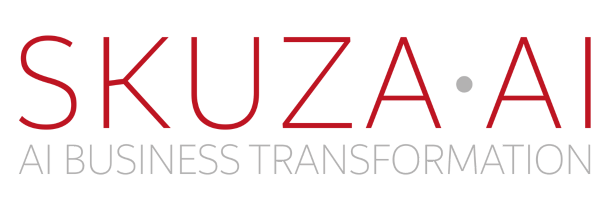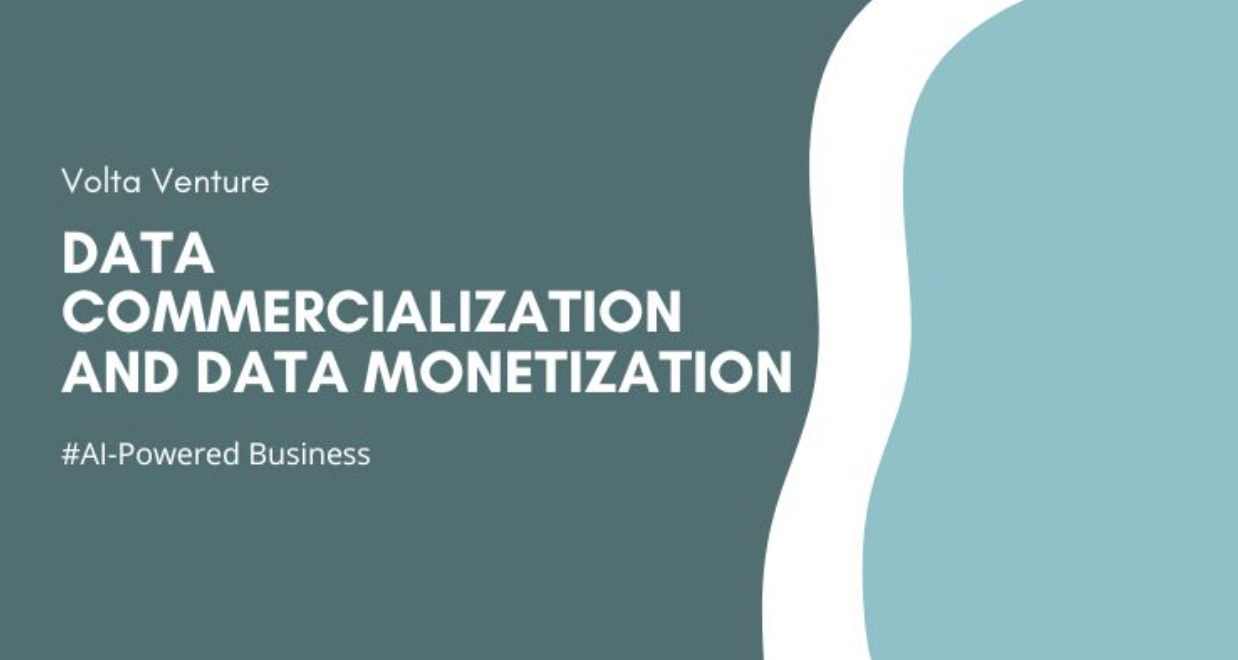Data commercialization and data monetization are two of the most important processes in modern industry. In an increasingly digital world, businesses need to capture and leverage their data efficiently and effectively to remain competitive. As artificial intelligence (AI) continues to evolve, data commercialization and data monetization become even more essential for any company that wants to stay ahead of the competition.
Data commercialization is the process of taking data and extracting value from it to generate revenue or create cost savings. Data monetization, on the other hand, actively markets data to customers as a product. In order to fully understand how both processes work, it’s important to explore their unique applications in modern business.
In this article, we’ll discuss the difference between data commercialization and data monetization, their key applications, as well as the potential benefits of implementing these strategies in a business environment. We’ll also examine the challenges that companies face when attempting to make use of data commercialization and data monetization. Finally, we’ll discuss the role of artificial intelligence in data commercialization and data monetization.
What is Data Commercialization?
Data commercialization is the process of taking a company’s data and exploiting it to generate revenue or create cost savings. It typically involves analyzing existing data sets to identify new business opportunities, services, or products. This can be done through data mining, pattern recognition, or machine learning algorithms.
Data commercialization involves leveraging data to create new value for a business. For example, it could involve using customer data to create more personalized services or products that are tailored to their needs and preferences. It could also involve analyzing data from a company’s operations to identify inefficiencies or areas of improvement.
An important aspect of data commercialization is data monetization. Below are different ways to monetize data for a more successful data commercialization plan.
What is Data Monetization?
Data monetization is the process of actively marketing data as a product. It involves taking raw data and turning it into valuable insights that can be sold to customers. This could include market research, consumer insights, or predictive analytics. It’s an effective way for companies to monetize their data and generate revenue.
Data monetization can involve selling data directly, such as user profiles or demographic information. Alternatively, it could involve providing customers with access to a company’s data sets or insights on a subscription basis. Regardless of the method used, data monetization is a powerful tool for generating revenue from data.
Data commercialization and data monetization offer numerous potential benefits to businesses. These include improved decision-making, increased efficiency, reduced costs, enhanced customer service, higher sales and profits, and more informed investments.
Data commercialization and data monetization can also help businesses to stay competitive in a rapidly changing market. By leveraging the latest technologies, such as artificial intelligence, companies can quickly identify trends and capitalize on them before their competitors do. This can give them an edge in the marketplace.
The graph below shows the process of data monetization.
What are the Challenges of Data Commercialization and Data Monetization?
Data commercialization and data monetization are not without their challenges. Businesses must ensure that they have the necessary resources, such as skilled personnel, to effectively implement these strategies. Additionally, they need to be aware of legal and ethical issues related to data protection and privacy regulations.
Furthermore, businesses need to consider the potential risks associated with data monetization. For example, by selling customer data, companies may be exposing themselves to potential liability or even criminal charges if the data is mishandled or falls into the wrong hands. Companies should also be aware of laws and regulations governing data usage and consider any potential reputational damage that could arise from such practices.
Finally, businesses must ensure that they have the right tools and technologies in place to effectively commercialize and monetize data. Without the right infrastructure, it can be difficult to extract value from data sets or even access them in the first place.
Preparing a Data-drive Commercialization Plan
Step One – Prepare the Soil: Before a business can begin data commercialization and monetization, they need to ensure that the right conditions are in place. This includes having access to the right data sets, the appropriate technology infrastructure, and a comprehensive understanding of the relevant legal and ethical considerations.
Step Two – Plant the Seeds: Once these conditions are met, businesses need to decide which data sets they will commercialize and monetize. This involves identifying the relevant customers, understanding their data needs, and assessing the potential risks and rewards associated with each option.
Step Three – Water the Plant: The next step is to devise an appropriate data monetization strategy. This should include an analysis of the data sets available, how they can be used to generate value, and how they are best marketed and sold.
Step Four – Grow the Tree: Finally, businesses need to ensure that their data monetization strategies are actually working. This involves tracking the performance of the data sets, assessing the customer response, and refining or changing strategies as necessary.
Conclusion
Data commercialization and data monetization offer a powerful way for businesses to generate revenue from their data. However, it is important that businesses take the time to prepare effectively, understand the potential risks and rewards involved in data monetization, and track their progress regularly. With a well-executed data commercialization plan, businesses can capitalize on the value of their data sets and reap the benefits.
The power of data commercialization should not be underestimated. By leveraging data effectively, businesses can unlock new sources of revenue, gain a competitive edge in the marketplace, and stay ahead of the competition. It is no wonder that data commercialization and data monetization have become such popular strategies for businesses looking to maximize their profits.
The potential rewards from data monetization are considerable, but success requires careful planning and execution. With the right resources and strategies in place, businesses can benefit from data commercialization while minimizing risk and ensuring compliance with relevant regulations. When done correctly, data commercialization is an effective way to maximize profits and stay ahead of the competition.
References

